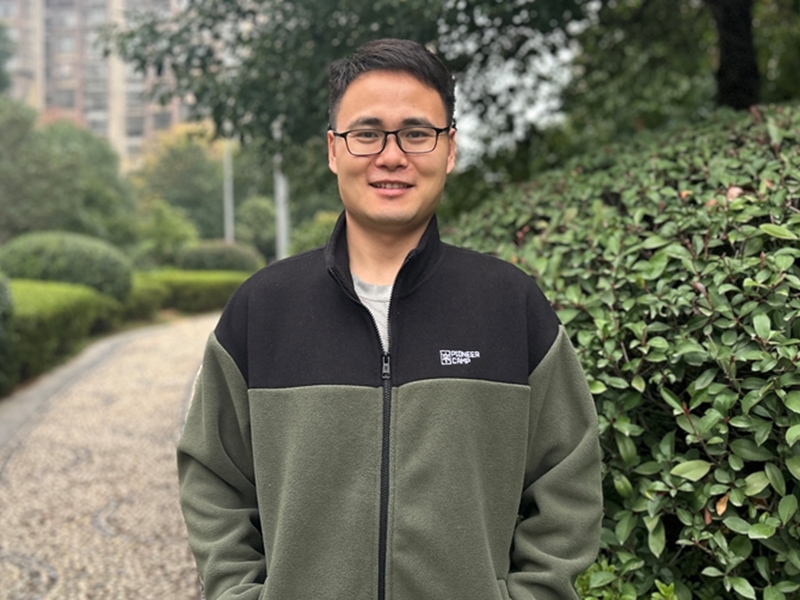A new paper published in Nature Communications by a team of physicists at the U of A charted the discovery of new quantum phases in low-dimensional systems.
The paper, "Quantum criticality at cryogenic melting of polar bubble lattices," was authored by Wei Luo, a postdoctoral researcher; research associate Alireza Akbarzadeh; and research assistant professors Yousra Nahas and Sergei Prokhorenko. Nahas and Prohorenko are part of the Computational Condensed Matter Physics group led by Distinguished Professor of physics Laurent Bellaiche, who also served as a contributing author.
Quantum fluctuations, caused by zero-point phonon vibrations, are known to prevent the occurrence of polar phases in bulk incipient ferroelectrics down to zero degrees Kelvin. But little is known about the effects of quantum fluctuations on the recently discovered topological patterns in ferroelectric nanostructures. The researchers unveiled how quantum fluctuations affect the topology of several dipolar phases in ultrathin ferroelectric oxide films.
The team found that quantum fluctuations induce a quantum critical point, separating a hexagonal bubble lattice from a liquid-like state characterized by spontaneous motion, creation and annihilation of polar bubbles at very low temperatures. Additionally, quantum fluctuations can induce new quantum phases, and these phases exhibit usual properties, such as negative piezoelectricity.
Luo explained that these findings could advance the development of neuromorphic computing.
"Neuromorphic computing models the functioning of the brain through spiking neural networks," Luo said. "In contrast, conventional computing relies on transistors that are binary, representing either 'on' or 'off,' and 'one' or 'zero.' Spiking neural networks emulate the brain's ability to convey information in both temporal and spatial dimensions, enabling them to produce more than the binary two outputs characteristic of conventional computing. Neuromorphic computing has some advantages compared with conventional computing, such as energy efficiency, parallel processing, adaptability and fault tolerance."
Contacts
Wei Luo, postdoctoral fellow
Department of Physics
479-575-6425, weil@uark.edu
